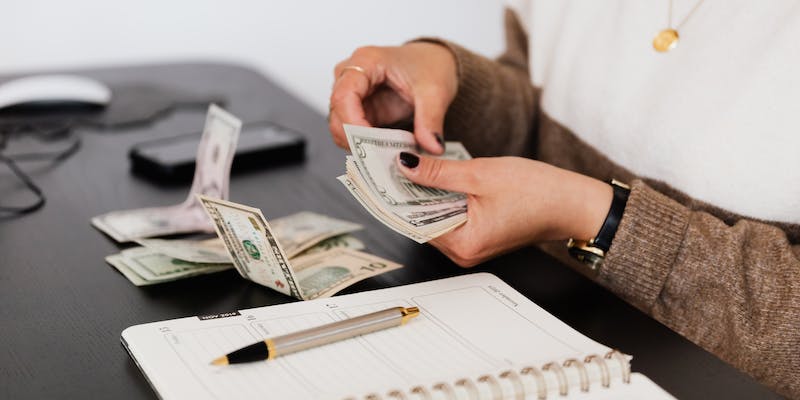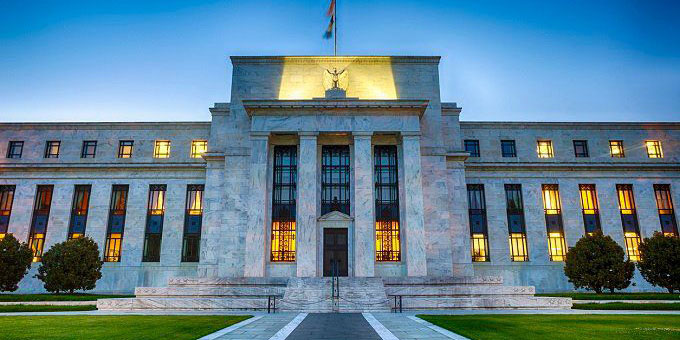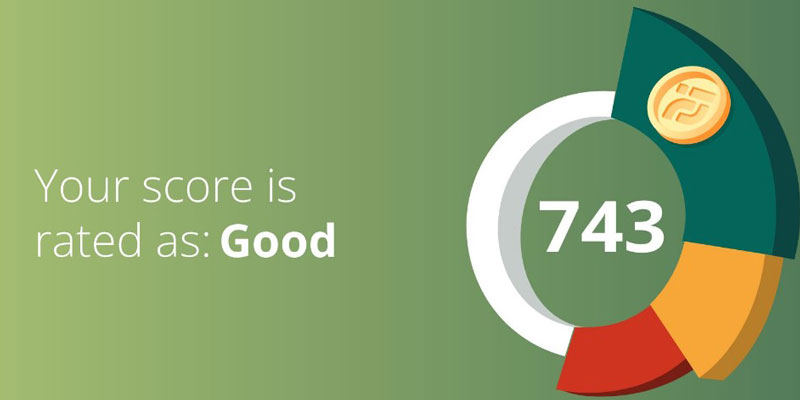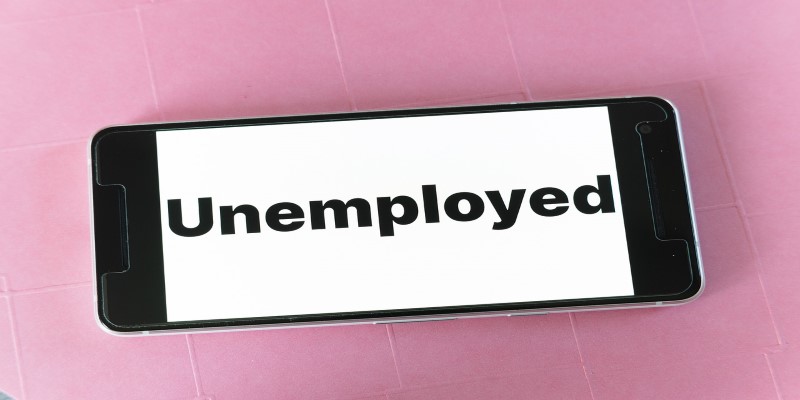Send or Receive Money Without Revealing Identity
Dec 06, 2023 By Triston Martin
In this digital age, it's essential to understand the risks of sharing personal information like name, address, and credit card numbers while purchasing online. The constant threat of identity theft, data breaches, and unauthorized access to sensitive information requires prudence. Thus, anonymous payment mechanisms are essential for digital privacy.
Some of these techniques work for online and offline transactions, while others only work online. To stay anonymous online, you must understand your payment options. Many unknown payment options will be discussed in this article. You may choose risk-free online transactions by weighing their pros and cons. Here are a few anonymous payment options you can consider:
Prepaid Debit Cards
Popular prepaid debit cards from major suppliers offer anonymous and quick payment. These cards are preloaded with monies, preventing identity-dangerous transactions.
Pros
- Adaptability: Prepaid debit cards are adaptable since they make online and offline payments easy.
- Transaction Anonymity: These cards are ideal for discreet payments since they eliminate the necessity for transactions that expose personal information.
Cons
- Non-Anonymous Signup: The signup procedure may need certain personal information, which may compromise privacy.
- Potential Fees: Prepaid debit cards may have activation or transaction fees, affecting their cost and value.
PayPal
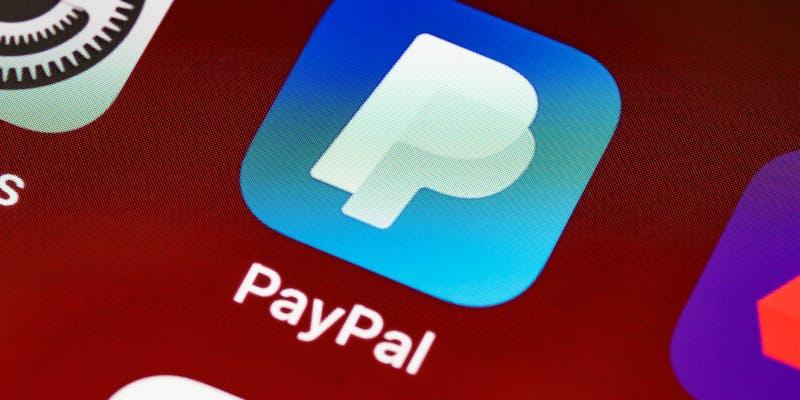
PayPal, a widely recognized online payment platform, offers reliability and broad acceptance. However, achieving true anonymity with PayPal can be challenging due to its requirement for user registration with personal information.
Pros
It is a reliable and widely accepted online payment platform, making it a convenient choice for various transactions.
Cons
While PayPal allows for semi-anonymous payments, achieving complete anonymity is challenging. Users need to register a payment card or bank account, and during transactions, recipients can see the registered name and email address, compromising full anonymity.
Venmo
A PayPal affiliate, Venmo offers a user-friendly digital wallet and money transfer apps. Its simplicity of use and ubiquitous availability are offset by its social aspect, which may compromise user privacy. Users can choose anonymity, but the platform's buddy list and social feed make transactions visible. Venmo is easy. However, it charges to transfer money and has data practice issues due to its partnership with PayPal.
Pros
- User-Friendly: Venmo's basic design makes it accessible to many users for fast money transfers.
- Widespread Availability: Venmo is easily accessible for digital transactions.
- Social Interaction: The platform's buddy list and social feed make money transfers more interesting.
Cons
- Transaction Fees: Venmo charges 2.9% of the entire amount for bank account money transfers, increasing platform costs.
- Privacy Concerns: Venmo's buddy lists and public transactions may violate user privacy. Therefore, users should control their settings.
- Weekly restriction: Venmo's $5,000 weekly transaction restriction may hinder more significant transactions.
Cash Payment
One of the oldest and most reliable ways to send money anonymously is with cash. However, this way is unrivaled—you only need to arrange an anonymous cash transfer using a secure postal courier or an international cash payment provider like Western Union. Before sending the payment, make sure to exclude any personally identifiable information, such as a return address.
Traditional payment methods, like cash, have drawbacks, such as the risk of postal fraud. But if you want to be anonymous when you pay, cash is your best bet.
Pros
- Full Anonymity: Convenient, readily accessible, and completely anonymous
Cons:
- Limited Offline Utility: There is a lack of options for online payment processing.
Google Pay
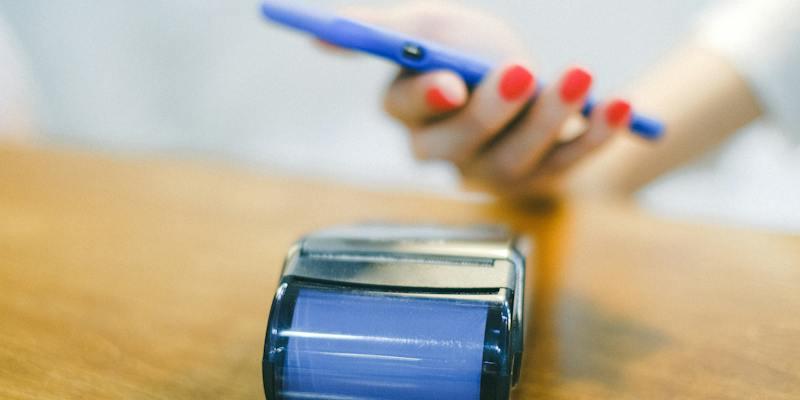
Google Pay was built by integrating Android Pay and Google Wallet. With no fees for debit cards or bank transfers, it is cost-effective, but its use is limited in countries where contactless payments are not generally accepted.
Pros
- Affordable: Google Pay doesn't charge for debit card or bank transfer transactions.
- Integration with Google Services: Users may send and request money via Gmail and Android messaging thanks to the platform's smooth integration.
Cons
Google Pay can only be used at contactless payment locations, which may limit its utility in smaller establishments. Users should know the platform is limited to contactless payment sites and explore other payment methods in non-supportive surroundings.
Apple Pay Cash
The Apple Pay Cash app, available on iPhones running iOS 11.2, allows for easy transfer money using iMessage. It supports more countries than Google Pay, but its use is more limited owing to its iOS-only availability.
Pros
- Global Availability: Apple Pay Cash is available in more countries than Google Pay, giving consumers worldwide access.
- Increased Security: Apple Pay Cash protects financial data during transactions.
Cons
- iOS Exclusivity: Apple Pay Cash is limited to iOS devices, restricting its use to the Apple environment.
- Limited Interface: Apple Pay Cash lacks a desktop interface, making it less adaptable than Google Pay.
Paysafecard
Paysafecard is a unique payment solution that allows for 100% anonymous online transactions. Users can buy prepaid Paysafecard vouchers from participating businesses with cash and use the 16-digit PIN for anonymous payments. As the world's most popular online prepaid payment option, it may be hard to find in some countries, especially the US and Canada.
Pros
- Full Anonymity: Paysafecard customers utilize the 16-digit PIN from coupons to make online payments anonymously.
- Flexible payment management: Users can use up to 10 PINs for more extensive products and subscriptions.
Cons
- Limited Availability: Paysafecard is hard to locate in several countries, notably the US and Canada.
- Online and Offline Requirement: Paysafecard transactions require an internet connection, restricting offline use.
VPN Services
Utilize a virtual private network (VPN) to provide complete online privacy and safe digital way to send money. By encrypting data and concealing IP addresses, virtual private networks (VPNs) make it more difficult for malicious actors to steal sensitive information.
Pros
- Full Anonymity: Encrypting your data with a reliable VPN prevents hackers and ISPs from accessing crucial information.
- Strong Encryption: VPNs encrypt your data and provide a safe conduit for online transactions.
- IP Address Masking: A VPN hides your true IP address from websites and online services by substituting it with the VPN server's.
Cons
- Website Blocking: Some websites are able to recognize and restrict traffic from virtual private networks (VPNs), particularly if the VPN does not include obfuscation. Because of this, access to the platform may be restricted.
- Dependence on Provider: A virtual private network (VPN) 's effectiveness is contingent on the provider's reliability.
